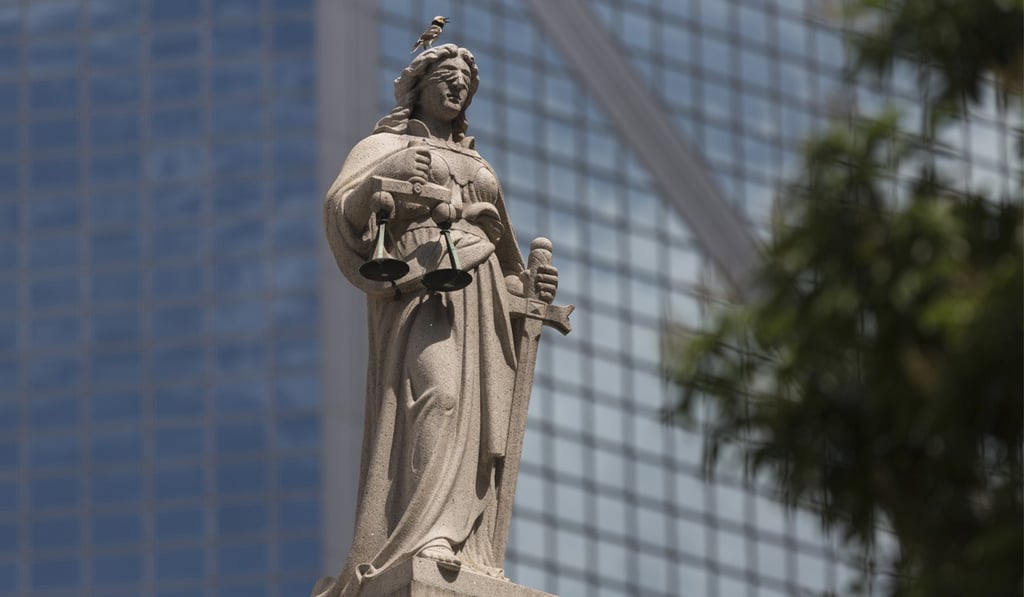Letters | Eight ways for Hong Kong to make sure no innocent suffers as Donald Tsang has
Hong Kong’s justice system must find a way to defend the wrongfully accused without bankrupting them

First, catch-all provisions. A criminal prosecution should be based on verifiable facts. But there is always a catch-all provision almost in every statute, very general and open to personal interpretation, to facilitate the work of public prosecutors. The misconduct charge against Tsang was a catch-all provision open to interpretation.
Second, common law> The Court of Final Appeal overturned the judgment by reference to one simple principle of common law, mens rea or criminal intent – wilful or not. How could a person commit a crime without any proof of criminal intent, criminal acts or criminal gain? Tsang apologised openly and sincerely for his oversight. Ordinary people had a lot of doubts about this high-profile “corruption case”. Why was the benefit of doubt not given to the accused, in line with the spirit of common law?
Third, red flags. Not everyone has the means, like Tsang, to appeal to the Court of Final Appeal. How many innocent people have been caught by the catch-all provisions of our laws? Whenever such a provision is used, it should in future be seen as a red flag. Criminal intent, criminal acts and criminal gain must be proven before the case proceeds to the courts, with the benefit of doubt always given to the accused.

